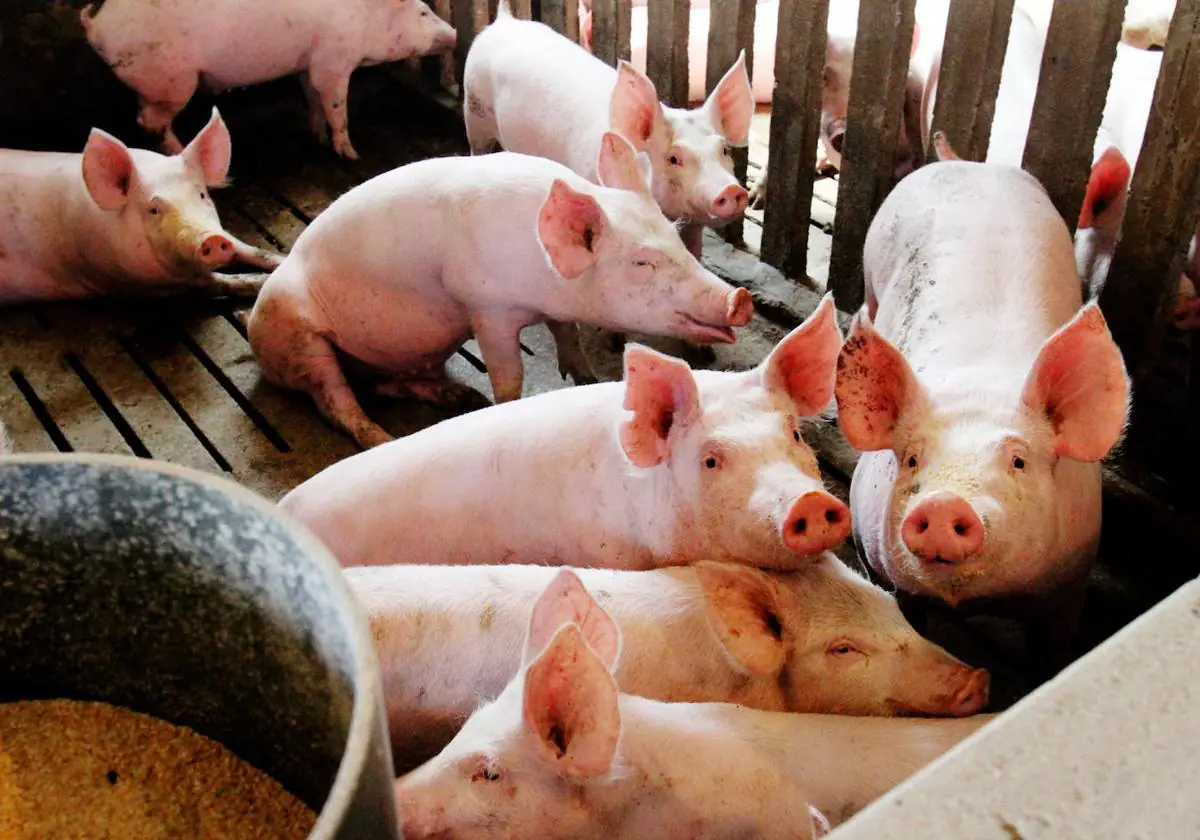The Ministry of Health has confirmed to European authorities that a case of swine flu was detected in a worker at a pig farm in Lleida. According to the epidemiological investigation conducted by the health department, the patient has fully recovered and so far no new cases of infection have been detected among his close contacts (his family members) or colleagues on the farm, and the health department considers the case closed.
The alert was issued on January 29, when health authorities reported possible cases of the A(H1N1)v variant of swine influenza A(H1N1)v. Previously, on November 25 last year, the patient began to develop symptoms such as cough, mucopurulent sputum, fever, general malaise, and myalgia. Over the next three weeks, he made three outpatient visits. A chest X-ray showed no signs of pneumonia and he was diagnosed with bronchitis.
However, on December 12, nasal and oropharyngeal secretion samples tested positive for influenza A cases, and the subtype could not be determined. When the sample was analyzed in the following days by the Catalan Reference Center and the National Institute of Microbiology, the results showed it was swine flu.
According to the European Center for Disease Control and Prevention (ECDC), only 73 cases of H1N1 virus infection have been reported globally since 2011. More than half of them were reported in China (42 cases), with the rest in the United States (9 cases), the Netherlands (6 cases), Germany (5 cases), Switzerland (3 cases), Spain (2 cases), and Denmark (2 cases). and Canada (I). The last case registered in Spain occurred in 2022.
According to the Centers for Disease Control and Prevention (CDC), the spread of the virus occurs in three ways: When an infected pig (or an infected person) coughs or sneezes, droplets containing the virus are spread through the air and Inhaled by another person or another pig; also by touching an object containing the virus and then touching your eyes, nose, or mouth; or by aerosols containing the virus.The virus is not spread by eating pork
Infections with most variant influenza viruses cause mild illness in humans, but severe illness, including hospitalization and death, can also occur.

